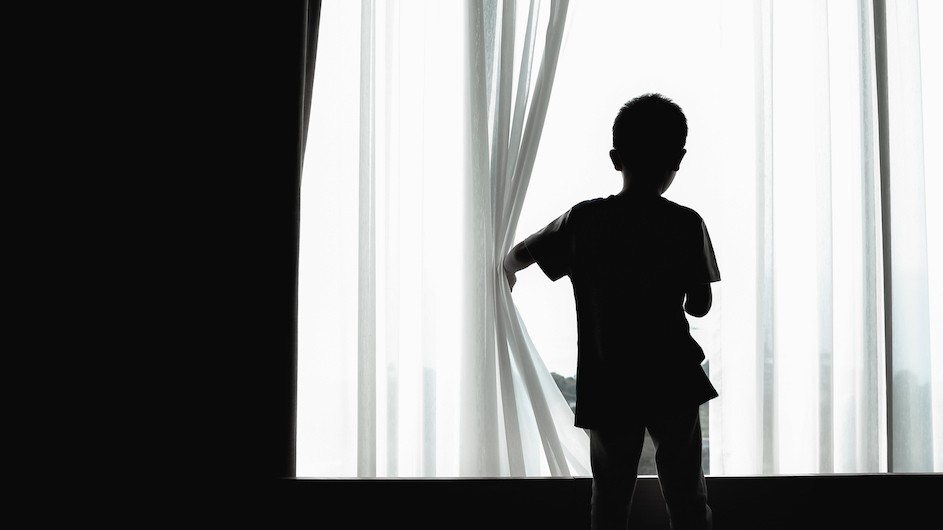That day also reframed was my career trajectory. I spent the following 10 years collaborating in research aimed at understanding the impact of 9/11 on the mental health of children living in New York City at the time of the event. Working closely with the Board of Education, we were able, six months after 9/11 to conduct a city-wide assessment involving more than 8,000 public school children in grades 6 to 12. Acknowledging the wide impact of the event, challenging traditional trauma-based research at the time, we did not focus exclusively on the Ground Zero area, but asked children from the five boroughs about what they experienced on 9/11 and the few months that followed.
We learned so much. We documented that generalized levels of distress became part of the lives of children going to schools well beyond the immediate area surrounding the towers during those six months after the attacks. We learned that children’s reactions to a mass-traumatic experience like 9/11 not only related to geographic and emotional proximity but was also influenced by what they witnessed on TV, at a time when social media postings were not yet the main form of communication. We saw so many inspiring examples of resilience.
My colleagues have continued the important task of understanding the long-term effects of 9/11 beyond the initial months and the first decade since the attacks, supported by the World Trade Center Health Program, which, among others includes a national registry of individuals and families exposed to the attacks.
As I reflect today on the 20th anniversary of 9/11, I cannot avoid thinking about a pandemic, which, like the WTC attacks, is likely redirecting trajectories and touching our personal lives permanently. With long-term mental health effects still unrecognized, I am concerned particularly about racially and ethnically minoritized children, growing up in underserved communities where opportunities for resilience may not be as readily available as they should. As a scholar and a member of our society, it's time to organize ourselves to help foster mental health resilience in the communities most directly hit.

